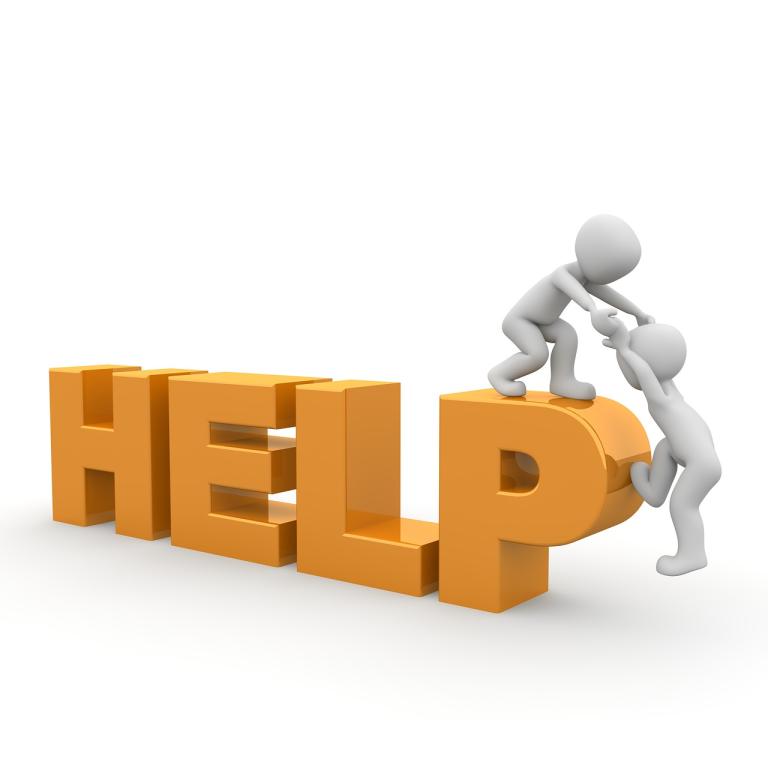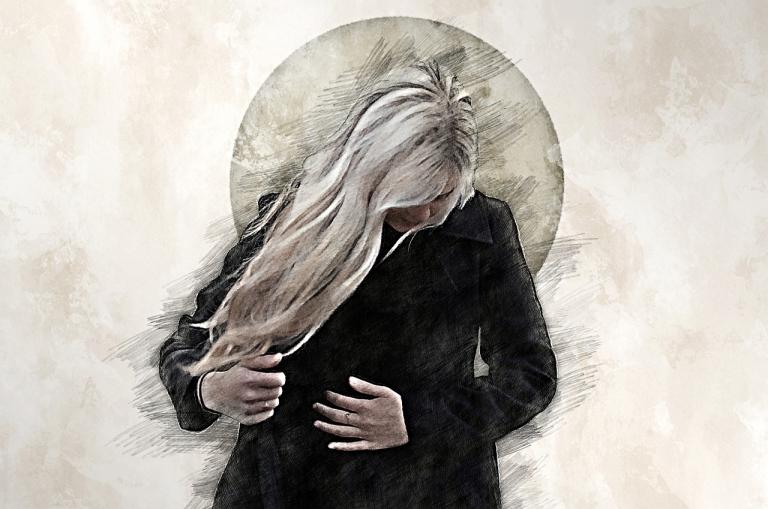This week is National Eating Disorders Awareness Week (NEDA). I spent most of my clinical practice treating women and men with eating disorders so am very familiar with the struggles involved in getting help. It is a hard psychiatric condition from which to break free. And the impact on a person’s physical, emotional, relational and spiritual health is significant. People can and do die from these disorders without treatment.
Often, I am asked by friends and family members how to confront a friend who struggles? Here are some tips as getting the person help is critical.
Find a time to talk when you have privacy and don’t have to rush off. Make sure you don’t confront the person before or after a meal. This would be the worse time, as the person will be in distress. While you may be tempted to put off this difficult conversation, know that the sooner a person gets help, the better the treatment results and the less damage is done to the physical body.
You might start a conversation like this. “You know you are my friend and I care about you. I am concerned because here is what I have noticed.” Then give a few behavioral specifics like, you make negative comments about your body, are not eating meals, have lost weight, been vomiting after meals, etc. Next, encourage them to get help. But be prepared to get resistance as acknowledging an eating disorders is difficult. Similar to addiction, there is denial as to both the seriousness and impact the disorder has on a person.
The best outcome of your conversation would be to have them agree to see their doctor and get a physical. Again, they will probably push against this idea but keep in mind is that if someone is very low weight, their mind is not thinking clearly. So don’t threaten, rather be persistent with your concern for them and offer to go with them to an appointment. Let a professionals make the diagnosis.
If you still get push back, ask your friend this. Is your eating getting in the way of your day to day living? And do you feel distress over it? Those two things indicate a need to get professional help.
Throughout your conversation, be humble and talk about your own struggles. Acknowledge that we all need help in our lives at times. Do not comment on their appearance, or discuss how their behavior makes you feel. Instead, express your worry and concern for their well-being and let them know you aren’t going anywhere. You will remain their friend or support person.
Always focus on feelings and not food or eating. While food is used to cope, it is the feelings behind the food that feel so out of control or distressing. Be empathetic and don’t give advice except to encourage getting help.
Finally, be prepared for a response of anger or denial because the person hasn’t admitted to herself that she has an eating disorder. However, many people are relieved that someone has noticed, In fact, even patients who were angry at first, later admit, they knew the person was right and cared. So don’t be thrown by an angry response. It’s not about you, but about the frustration of accepting reality.
To sum, if you suspect someone you love has an eating disorder, have the difficult conversation but do it from a loving a caring position. Speak the truth in love. it could be the beginning of someone’s healing.



